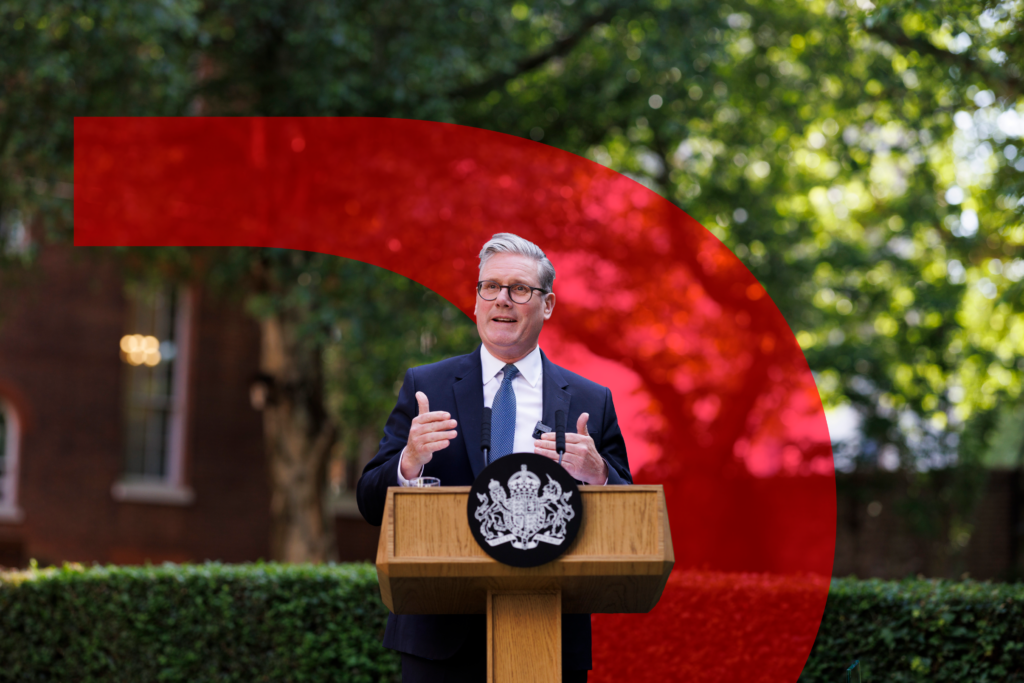There used to be saying, often misattributed to Mark Twain, which went “never pick a fight with a man who buys ink by the barrel and paper by the ton.” It is a lesson which many politicians who have launched an all-out war against the print media only to be forced into humiliating retreat, have regretted ignoring.
In a world in which newspaper sales have crashed and we get our news from many different sources, the traditional media is not as important or fearsome as it once was. But its role as watchdog is being rapidly taken by a new, more democratic beast which can be even harder for leaders, whether political or business, to keep in check. Indeed the 2013 version of the old adage might be “never pick a fight with a man or woman with more than twenty thousand Twitter followers”.
The internet and social media have, for the first time, given the ordinary citizen the chance and tools to hold leaders to account, to punish them and even remove those who behave in the wrong way.
Just how quickly the world has changed can be gauged from the fact that more people now believe that citizen-consumers can make an impact on the world than government/politicians or corporations do.
Last year saw some of the biggest corporate names in the world learn this the hard way. News International, Starbucks, the banks and the BBC were just some of the organisations to find themselves under consumer attack.
The damage is real and impacts on business. In the heat of the tax scandal, Starbucks’ Buzz score, which measures the negative and positive comments consumers have heard about a brand, plummeted from 0 to -25.2 Faced with the prospect of a consumer backlash, it’s no wonder that the coffee giant quickly decided to pay more tax here in the UK even if the way they were behaving was perfectly legal.
This is ‘the age of damage’, according to David Jones, the author of “Who Cares Wins: Why Good Business Is Better Business”. As he says “corporate social responsibility has now been taken out of the silo and put in the P&L statement by social media. We are entering an era in which businesses that are not socially responsible will suffer. And those that are will do better.”
What’s happening is the convergence of corporate reputation and consumer behaviour. If your customers suffer a bad experience, their stories can be shared and amplified online and easily picked up the mainstream media, policy-makers and regulators. And, in turn, if you are seen to behave poorly as a corporate entity, people now have the ability to connect and create mass movements against you. Indeed, there is growing evidence that many consumers are routinely checking who is behind a product before buying.
This has significant implications for the way organisations operate. Traditionally, brand and corporate reputation were seen as two different beasts. Marketing held sway over the brand budget, and the C-suite controlled corporate reputation with often little evidence of a common strategy.
This no longer works. In a socially connected world, companies must take brand marketing and corporate affairs out of their silos and deploy them jointly in pursuit of common objectives.
When O2’s mobile network went down last year, the public affairs, press office, marketing and customer service teams all came together to form a centralised war room— to ensure a quick response and common messaging. The CEO (@ronandunneo2) took to Twitter to engage directly with customers. He helped explain the company’s position and limit the reputational damage.
But companies should not wait until the crisis breaks before getting plans in place and their structures aligned.
To help in this process, Portland has recently developed a social media simulation — Simulo — at which attendees learn to handle a mock crisis situation. It is a real roll-up-your-sleeves war-gaming exercise that aims to stress test your existing crisis planning in a contained and secure environment.
We work to make it as realistic as possible, building digital and social media platforms using your brand but on a private network. The aim of the exercise is to test capabilities, surface gaps in plans, and build leaders’ abilities to make decisions in real time when a social media crisis breaks.
This is a handy way of gauging how prepared an organisation is. But it should also make organisations understand that they shouldn’t wait until a reputation crisis to protect the most valuable intangible asset on the balance sheet.
Companies should always be in ‘crisis’ mode even in the good times. This means much closer working between brand and corporate teams and, most importantly, a better understanding of how to survive and win in this fast-moving, socially connected world.
Simulo is available as a one-off exercise or as part of a broader media training plan. For more information, please contact [email protected].
Sources:
- https://www.slideshare.net/HavasWorldwide/havas-worldwide-prosumer-report-communities-and-citizenship
- https://www.brandindex.com/article/starbucks-suffers-more-nike






